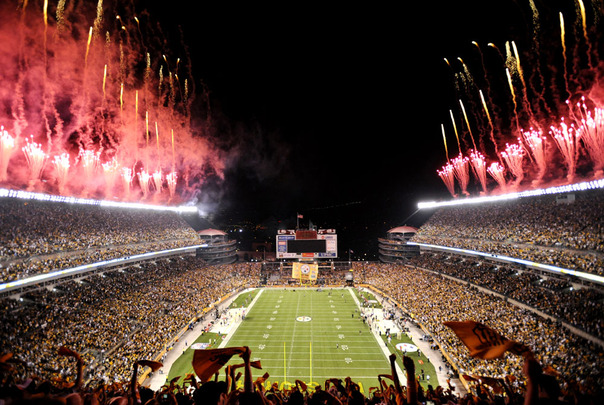Faith and Football: On the Religious Formation of the Fan
Jonathan Lett considers how the formation of the fan shapes the soul.
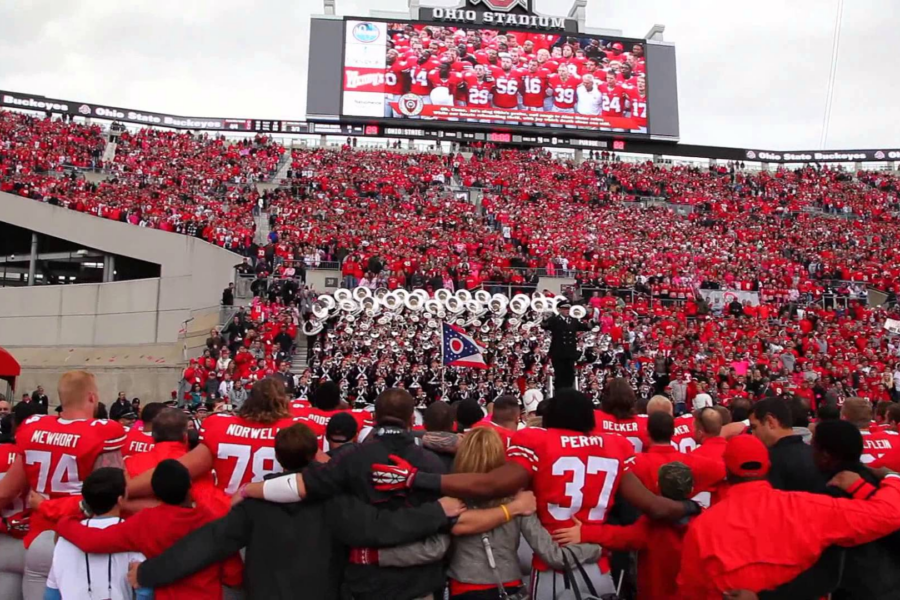
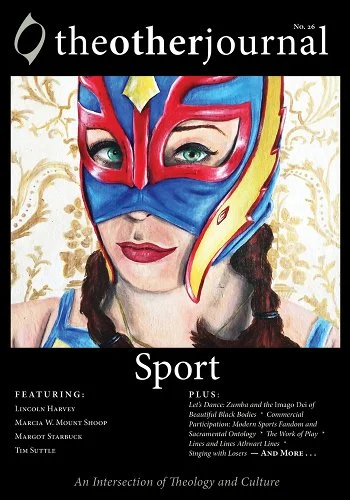
The ancient Olympic games were held every four years at the temple of Zeus. They were a major cultural and religious event that doubled as a contest between rivaling nation-states. Certain strands of mythology even suggest that Heracles, the strongest of mortal men, organized the event and built the Olympic stadium in honor of his father, Zeus. Today, few athletes devote their efforts to the honor of Zeus, but there remains a certain religiosity at work in sport’s place within Western culture. Honor and money, fame and fortune, character and fair play, skill and artistic perfection also remain at stake, just in new ways.
In this, our twenty-sixth issue of The Other Journal, we are looking at the ways in which sport is shaping and influencing contemporary life and thought. We are looking at the ethics, commodification, and embodiment of particular events; the personal and cultural stories which weave in and out of sport; and the ways in which those sport events first draw participants and fans in and then send their bodies back into the world. In short, we are interested in the many ways that sport and theology are interconnected and inform or critique one another.
Jonathan Lett considers how the formation of the fan shapes the soul.

Anna Masi ruminates on running, depression, and the gentle wisdom of Jean Vanier.

Meghan Florian considers how soccer influenced her feminist awakening.
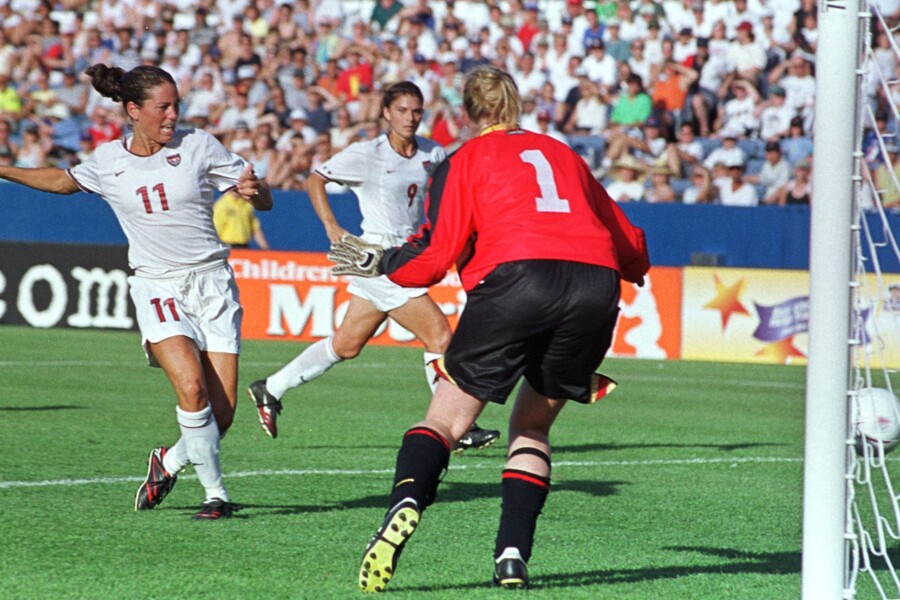
Katie Karnehm-Esh works toward a complicated yoga pose while also coming to peace with her divorce.
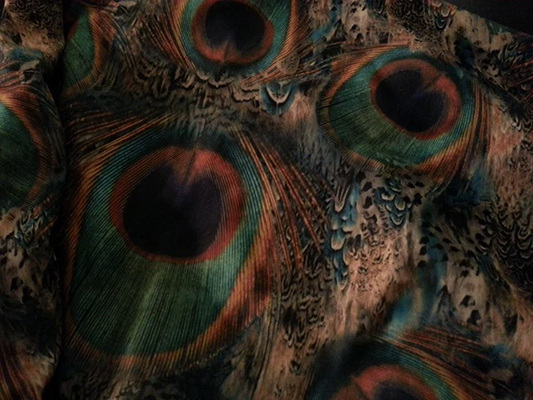
Tim Suttle investigates American football through the lens of empire.
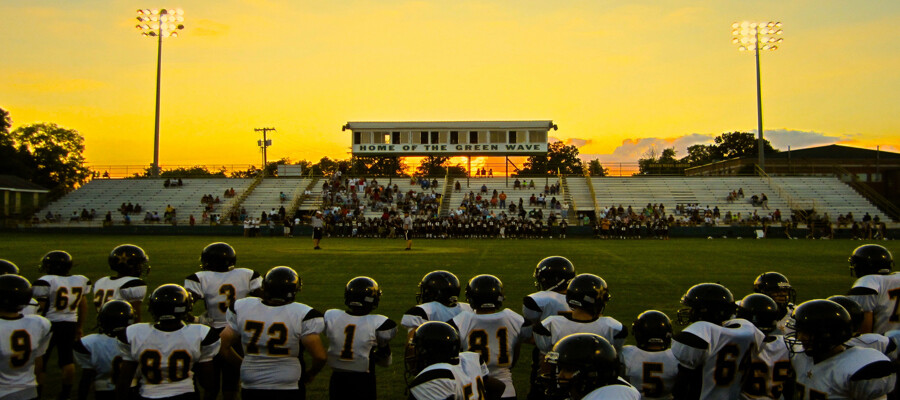
The Other Journal features art from the Latino artist Gerald Lopez, who creates images based on the Mexican sport of professional wrestling known as Lucha libre.

Putting David Foster Wallace in conversation with Andrew Edgar, Benj Petroelje argues that while sport no longer trades in transcendence, it does contain echoes of two elements of a Christian vision of human flourishing.

Brett Beasley finds that the marathon is the sport of those humble creatures who fail, but it is watched by those who still think that they are heroes.
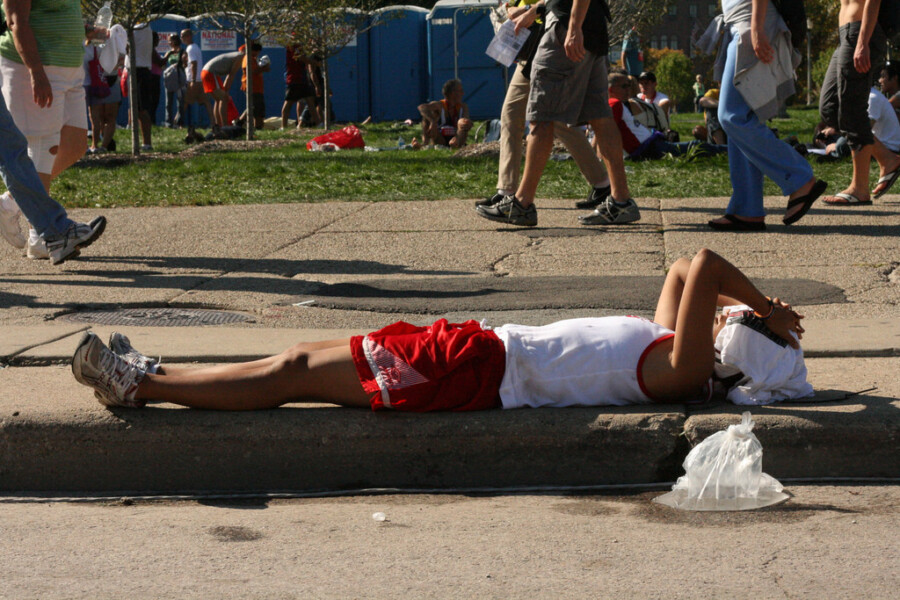
Landon T. Huffman and Ed Goodman consider the ways in which sport competition should be viewed through the lens of redemption, pushing us to seek God’s transcendent purpose for, and displaying God’s glory through, sport by striving together.
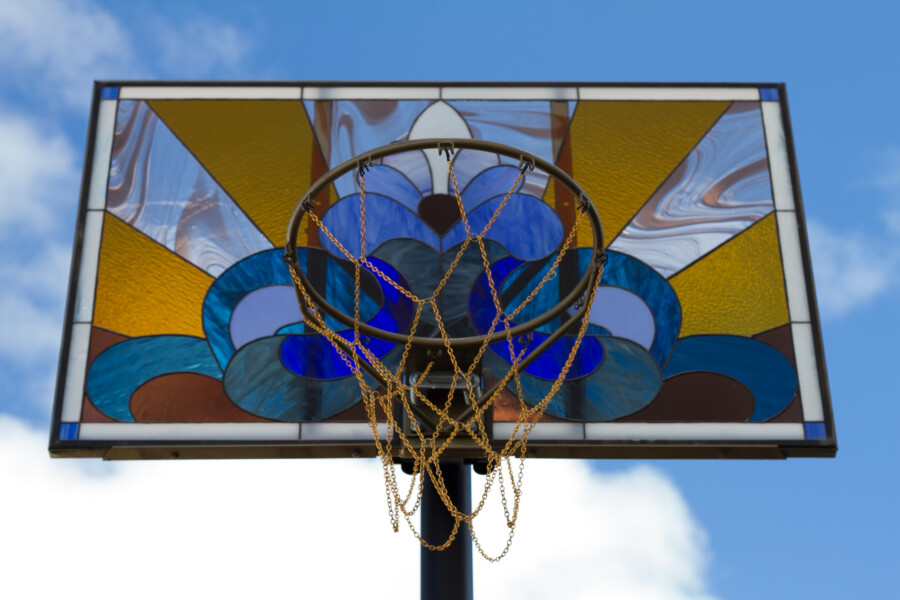
In this poem, D. R. James writes of all the ways in which your hometown basketball games haven’t changed.
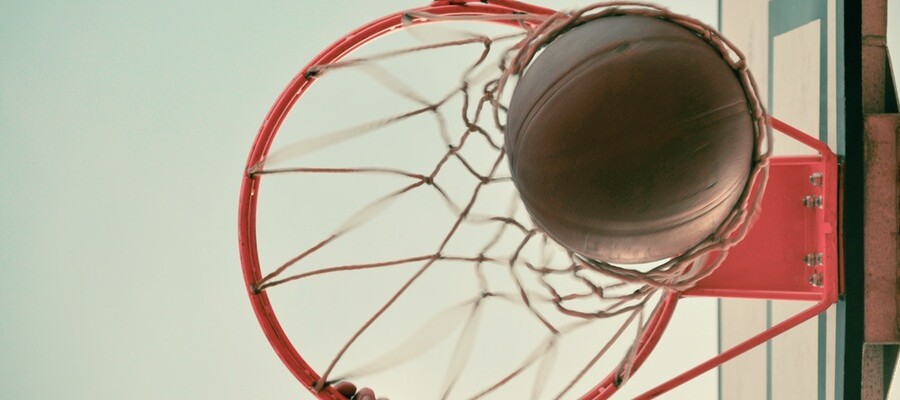
In this essay, J. Scott Jackson investigates Joe Paterno’s legacy through the lens of William Stringfellow’s thought.
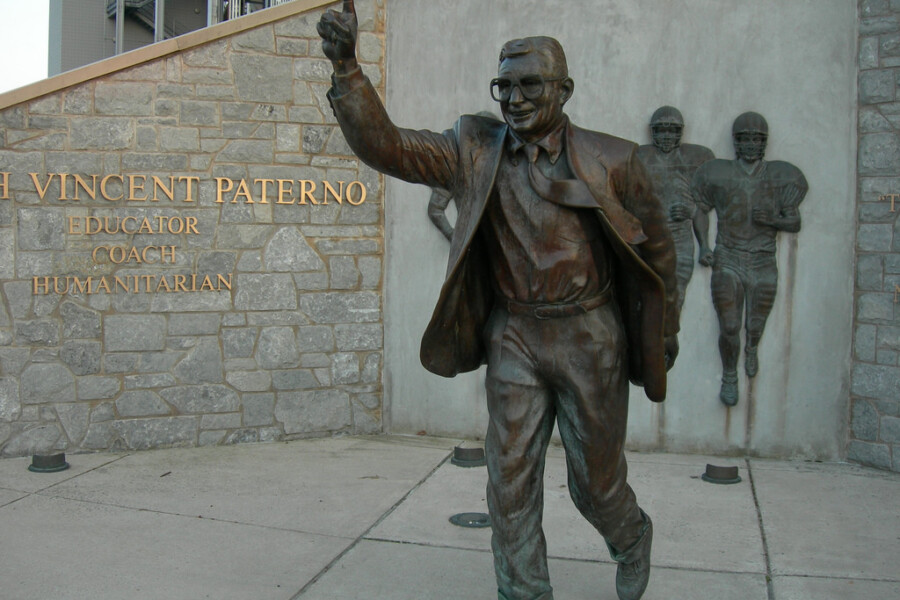
In reviewing Doug Merlino’s Beast, Luann Anderson journeys into the misunderstood world of mixed martial arts (MMA) and the athletes behind the sport.
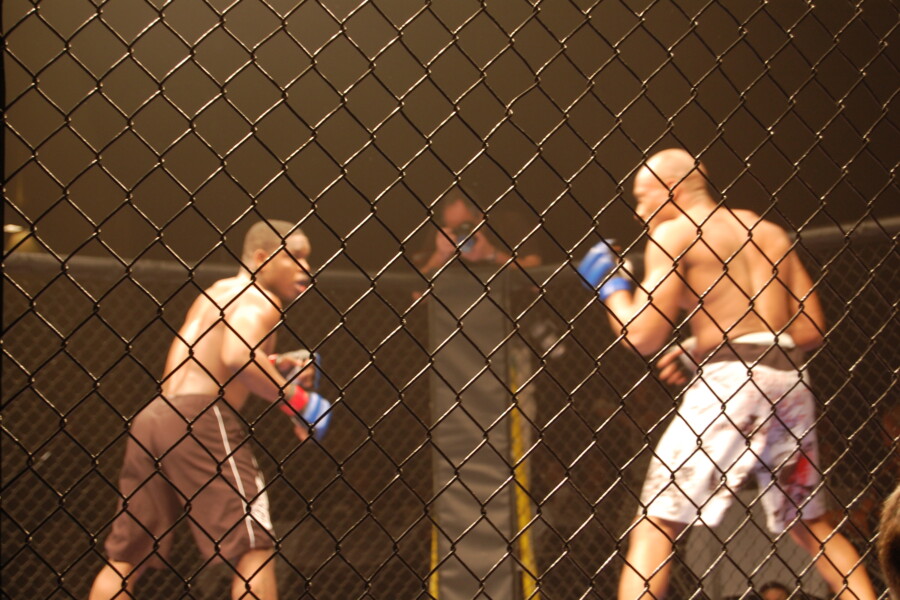
Jon Hiskes writes on the athletic failings and musical triumphs of the Chicago Cubs.
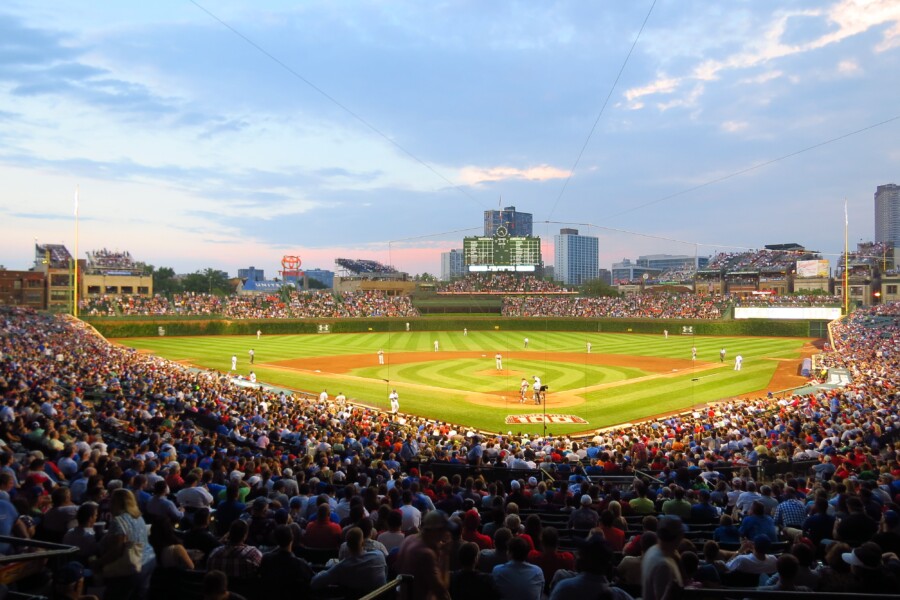
In looking at the rules governing football celebrations, James M. Smith seeks to address Foucault’s notion of the abnormal.
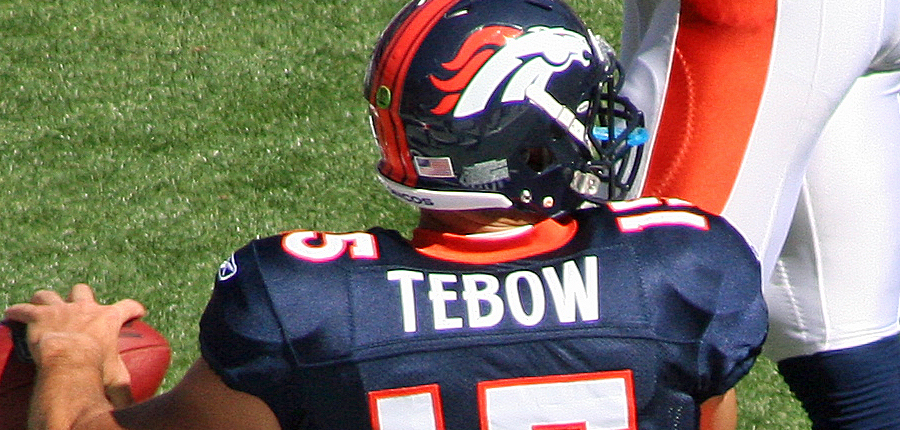
In this piece, Heather L. Reid considers what it might mean to have the soul of an Olympian.

In this essay, John B. White explores how (not) to exercise.

Rebecca Parker Payne writes about how crying in sports hints at something much bigger than weakness or sadness about losing.
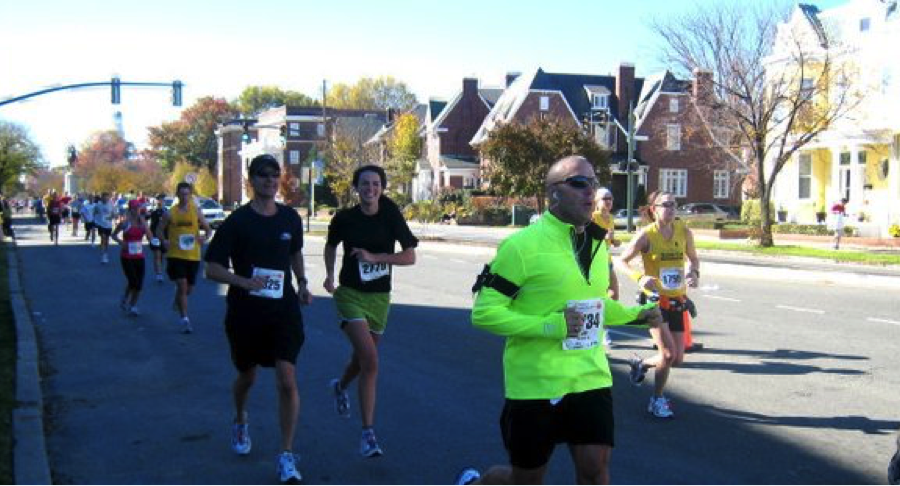
In this interview with The Other Journal, Marcia Mount Shoop explores the realities of race, gender, and capitalism as they relate to big-time sports today.
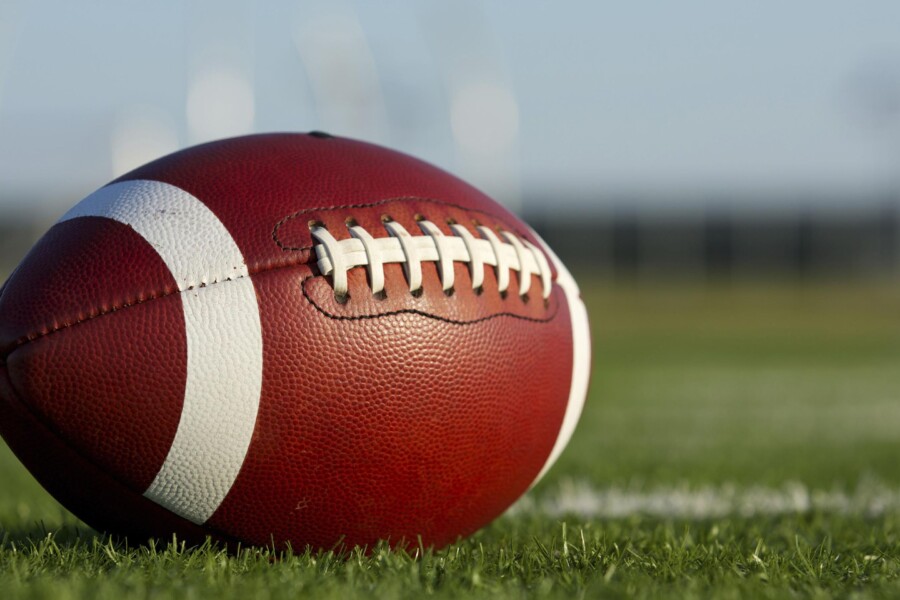
Paul Arnold demonstrates that if there is any meaning to be found in sports, it is to be found because of the body, not in spite of it.
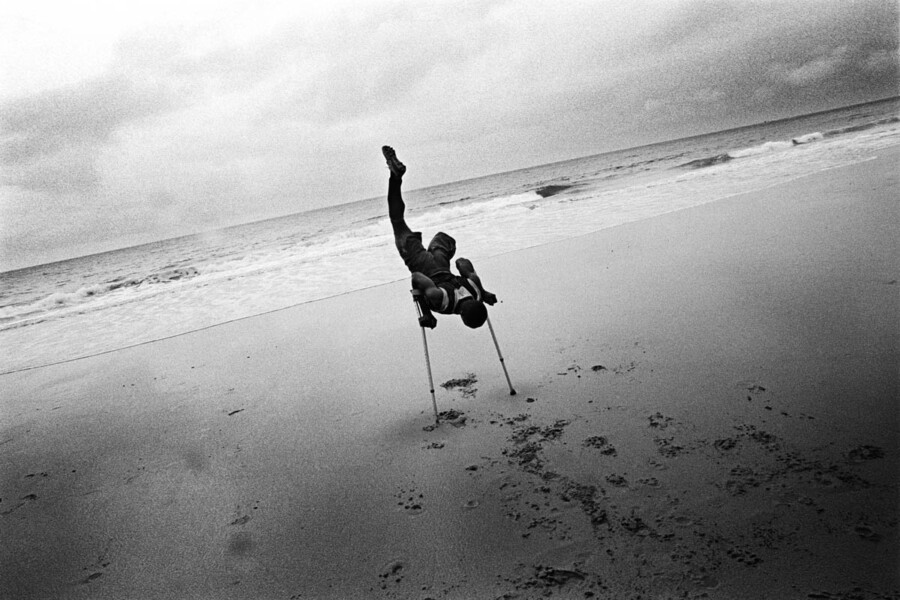
In this poem, Jennifer Stewart Fueston captures some of those thoughts that arise in the meditative underwater silence.
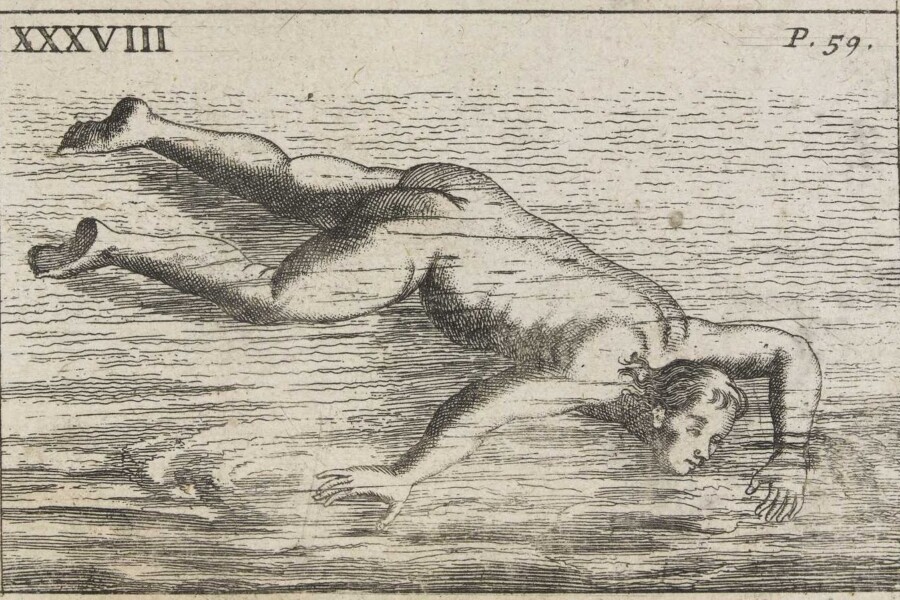
Adam Joyce reviews Stanley Hauerwas’s new book, The Work of Theology, looking at what it can teach us about the use of the essay as a form of theological reflection.
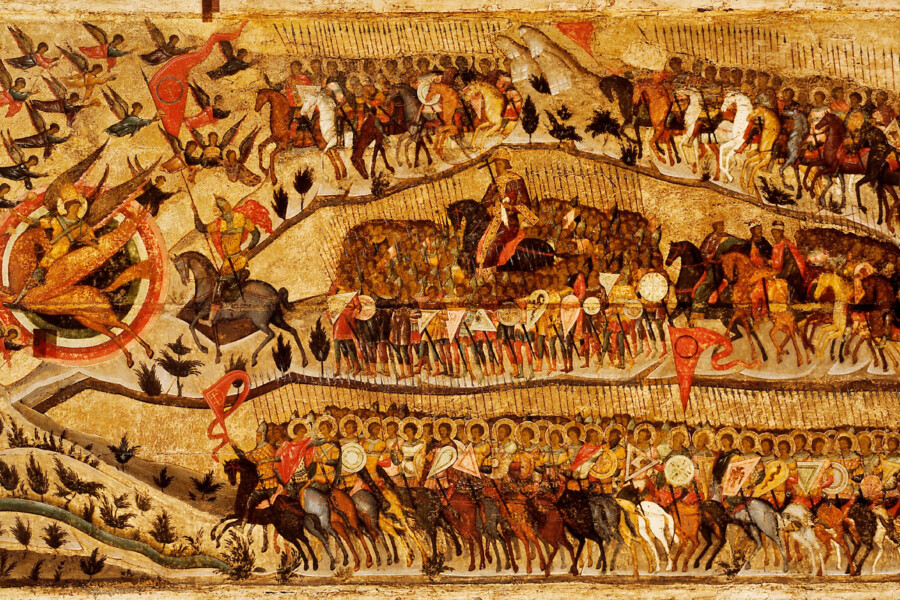
Not only should we as Christian parents refuse to prioritize our children’s interests above those of other children, but we should also view the playing field, the gym, the ice, the mat, and the court as the places where the values we claim to espouse on Sundays are lived out both by us and by our children.

Baseball was my first exposure to liturgy, my first immersion in the timekeeping of heaven.

Not unlike the admonitions of Karl Barth and Dietrich Bonhoeffer, religious leaders’ calls to welcome the disenfranchised stranger often fall on deaf ears in their congregations. I can’t help but wonder what’s going on here. What has brought the American church to this place? Why are so many Christians going against their religious authorities on this particular issue?
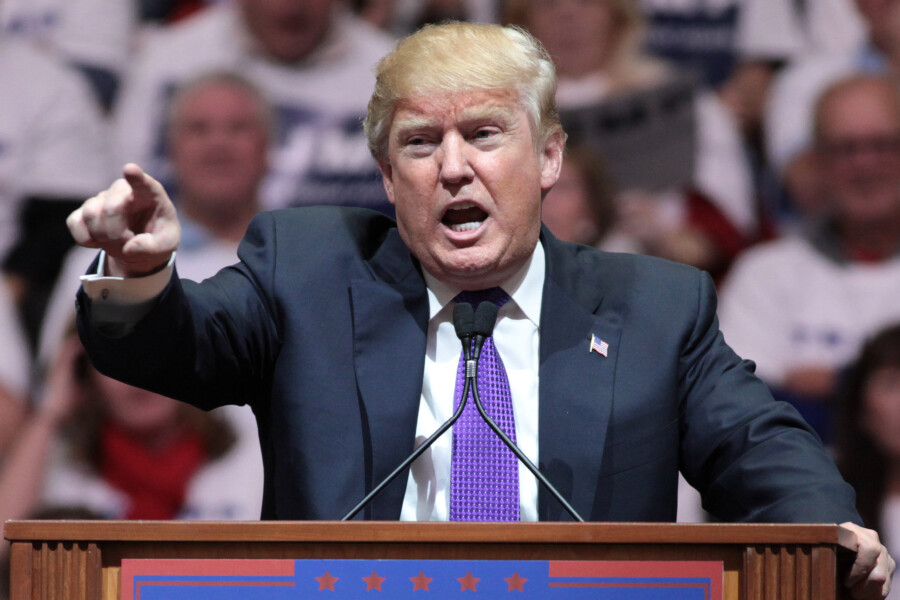
Sports have gripped the soul of our culture, and they are not about to let go. ESPN and Fox Sports usher us from one mountaintop religious experience to another. Sports trigger our adrenaline and fire our passions. We are possessed, enthralled, and captivated by the spiritual power of sports. They do more than entertain us; […]
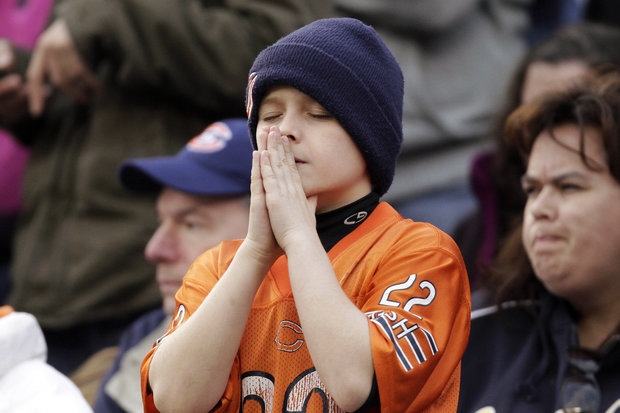
As a black woman, Zumba helps me to take back my body, a body that has been objectified, abused, oppressed, & oversexualized because of its color and shape.
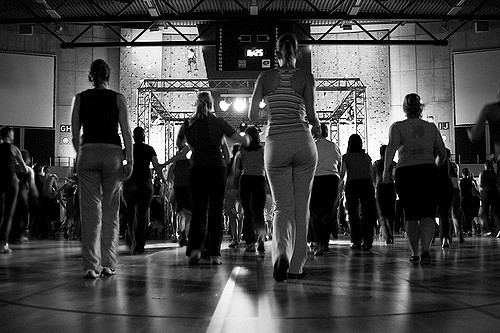
Christians in the 21st century are uniquely positioned to engage physical fitness in ways that liberate and ennoble life, rather than oppressing and destroying it.

A poem
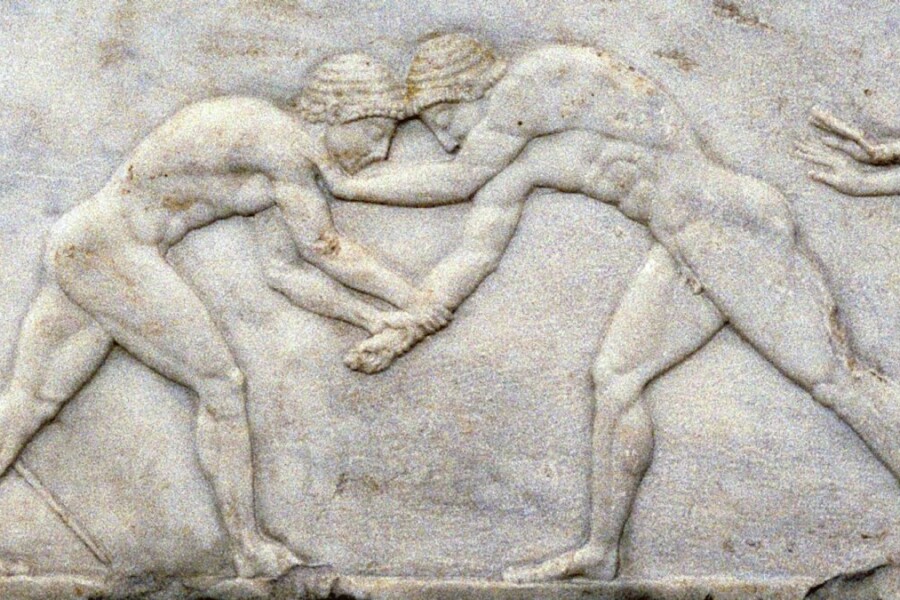
On the mystical pull of baseball.

Every sport has its rules, and these rules are central to the playing of the game: (1) the rules will define the game’s purpose; (2) they will outline the manner in which the players are to achieve that purpose; and (3) they will measure the players’ success toward achieving that purpose. As a result, a […]
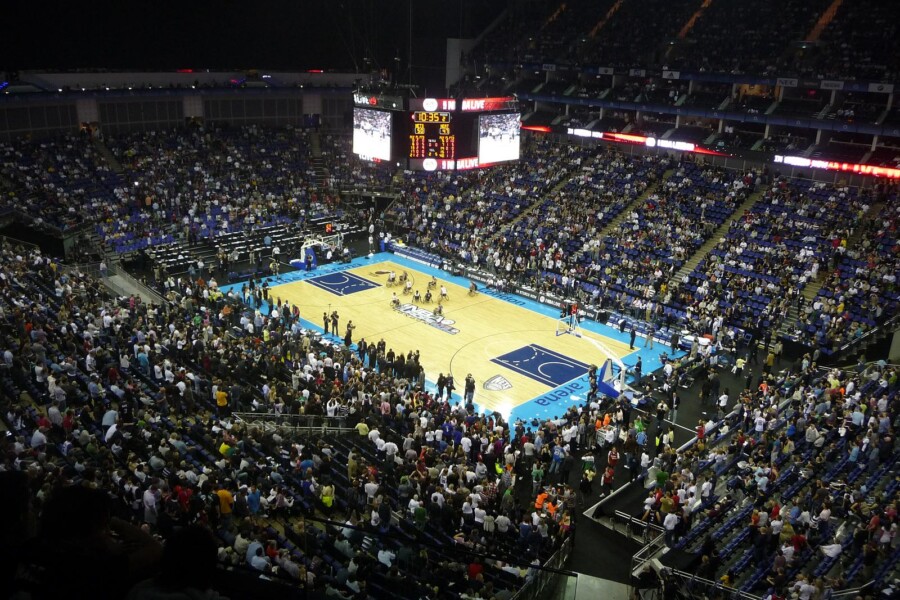
I have been wrestling with the nature of fandom, mulling over my attachment to one of the NFL’s most beloved and most successful franchises, the Super Bowl 50 Champion Denver Broncos. I grew up as an active and athletic child in sunny Denver, Colorado, during the 1980s and 1990s. And when it comes to sports […]
